The table of content
The Challenge
In the early days of the COVID-19 pandemic, a long-standing client in the food supply sector faced an existential threat. With both a popular restaurant and a chain of grocery stores under its umbrella, the group was at risk of losing its entire customer base due to government-mandated lockdowns and the closure of physical locations. The margins in food service are thin even in normal times. Now, investing in custom digital infrastructure to keep operations afloat seemed almost out of reach.
Infinity Technologies had already worked with the client on smaller initiatives and was brought in to help develop a digital solution quickly. The ask was bold: create an app that could allow the restaurant to sell and deliver directly to customers — and then somehow use the same logic to launch an e-commerce solution for grocery operations. We proposed a creative yet technically sound solution — to develop both platforms in parallel while reusing up to 80% of the underlying code.
The Solution
Working under high time pressure and financial constraints, we kicked off simultaneous MVP development for two applications: one tailored to the restaurant’s digital dining experience, and another built for the grocery chain’s delivery and logistics model. From a user’s perspective, both apps appeared unique — but under the hood, they shared the same architecture, UI components, and backend logic. This drastically reduced development time and allowed both arms of the client’s business to launch in under nine months.
Each platform was designed to serve multiple roles. For customers, the apps provided a sleek and engaging interface, complete with gamified shopping carts, budget-saving tips, and smart delivery scheduling. Delivery managers had their own interface with route optimization and shift planning tools, while shop and restaurant staff used an internal dashboard linked directly to the client's 1C and SAP Hybris systems. From the administrative side, managers could update product catalogs, prices, and marketing campaigns — all through a centralized control panel.
What made these applications particularly powerful was their end-to-end integration with the business's ERP software. That allowed real-time synchronization of stock levels, pricing, and accounting, ensuring operational transparency and automated reporting. The apps supported complex product structures, with three-tier categorization, brand-specific filtering, and one-click favorites that made recurring purchases easy and engaging.
The user experience wasn’t just functional — it was interactive. Customers could save multiple versions of their shopping carts, receive live voucher recommendations based on what they added, and pick from only the time slots that aligned with available delivery fleet capacity. Deliveries were confirmed using QR codes, SMS, or app-based acknowledgments, ensuring seamless logistics across every order.

Technology That Enabled Transformation
The tech stack behind both applications was crafted for speed, stability, and scalability. On the backend, we used Node.js with Express and MySQL for robust data handling and API creation. The frontend was built in Vue.js to provide a fast, interactive experience for users and staff alike. The grocery and restaurant apps were developed natively using Kotlin for Android and Swift for iOS, ensuring optimal performance on all devices.
Magento served as the e-commerce backbone, customized to support rich catalog features and marketing logic. Deep integration with 1C and SAP Hybris enabled automatic accounting and real-time updates between the apps and the internal systems — an essential piece of the puzzle that allowed the business to go fully digital without manual reconciliation or data loss.
We designed two custom e-commerce applications tailored to the client’s restaurant and grocery operations, using a modular multi-role architecture to handle different business needs through shared components.
Multi-Role Platform Design
- End Users (Customers): Gamified shopping experience, smart carts, product favorites, and dynamic promotions.
- Delivery Managers: Route optimization, task assignment, and order tracking interfaces.
- Cashiers & Staff: Synchronized point-of-sale views integrated with 1C/SAP systems.
- Admins: Full access to manage catalog updates, marketing campaigns, pricing, and user management.
Both applications were equipped with real-time order tracking, smart delivery slot suggestions, budget-driven promotions, and multi-cart handling. The architecture ensured fast deployment, easy scalability, and white-labeling potential.
Core Stack
Gamified Shopping Experience
- Dynamic product suggestions based on history and preferences
- Budget-based promotions with real-time voucher updates
- Visual gamification (e.g., “cart score” meters, named carts with emojis/icons)

Smart Cart Management
- Up to 5 saved carts per user, with editable contents and reordering
- Built-in budget advisors and diet suggestions
- Customizable cart labels and visuals
Marketing & Promotions Engine
- Automated voucher issuance based on cart value thresholds
- Time-sensitive pricing logic for “Hot Offers”
- Upsell and cross-sell logic integrated into catalog browsing
Three-Level Product Catalog
- Category → Subcategory → Brand/Product structure
- In-depth product filters, nutritional facts, and allergen information
- One-click product favoriting for recurring purchases
Smart Delivery Scheduler (“Time Buddy”)
- Real-time delivery window availability synced with the logistics backend
- Delivery slot suggestions based on available fleet and location density
- Multichannel delivery confirmation (QR code, SMS, app notification)
Admin & Superadmin Panel
- Product catalog editor (bulk or single-item)
- Real-time promo and pricing updates
- Access control for staff roles and store-level managers
Business Results
Both apps launched on time and helped the client not only survive the lockdown but grow its digital presence significantly. The restaurant saw customer retention increase thanks to personalized promotions and food kit bundles. The grocery business began attracting a younger, tech-savvy demographic who were more inclined to shop online than in-store. This shift in consumer behavior allowed the company to reconsider its physical footprint — expensive storefronts in city-center malls were no longer necessary, as delivery from remote warehouses became the new norm.
Perhaps the most important result was how cost-effective the entire effort proved to be. By reusing code and unifying the architecture, we cut development time in half, ensured easier maintenance, and laid the groundwork for future scalability — whether that means white-labeling the apps, opening new franchise units, or expanding into other product verticals.
Restaurant App Results
- Digital launch prevented full business shutdown during lockdown
- Expanded customer database through exclusive in-app promotions
- Enabled event-driven marketing tied to meal kits, seasonal campaigns, and personalized vouchers
Grocery Chain App Results
- Attracted younger digital-first shoppers, increasing order volume and app usage
- Enabled logistics decentralization — with reduced need for downtown mall rentals due to warehouse-to-door delivery
- Resulted in six-figure annual real estate savings
Overall Business Value
- 80% of code reused between apps, drastically reducing time-to-market and total cost of ownership
- Flexible architecture now supports future franchise rollouts, white-labeling, or product line expansion
- Full operational independence from physical storefronts
Conclusion
This case stands as an example of how agility, creativity, and technology can turn crisis into opportunity. Infinity Technologies not only delivered two tailored e-commerce platforms in record time — we enabled a client to fundamentally transform its business model and grow stronger in the face of economic uncertainty. Through deep integration, thoughtful UX, and a modular codebase, we showed what’s possible when digital is done right.








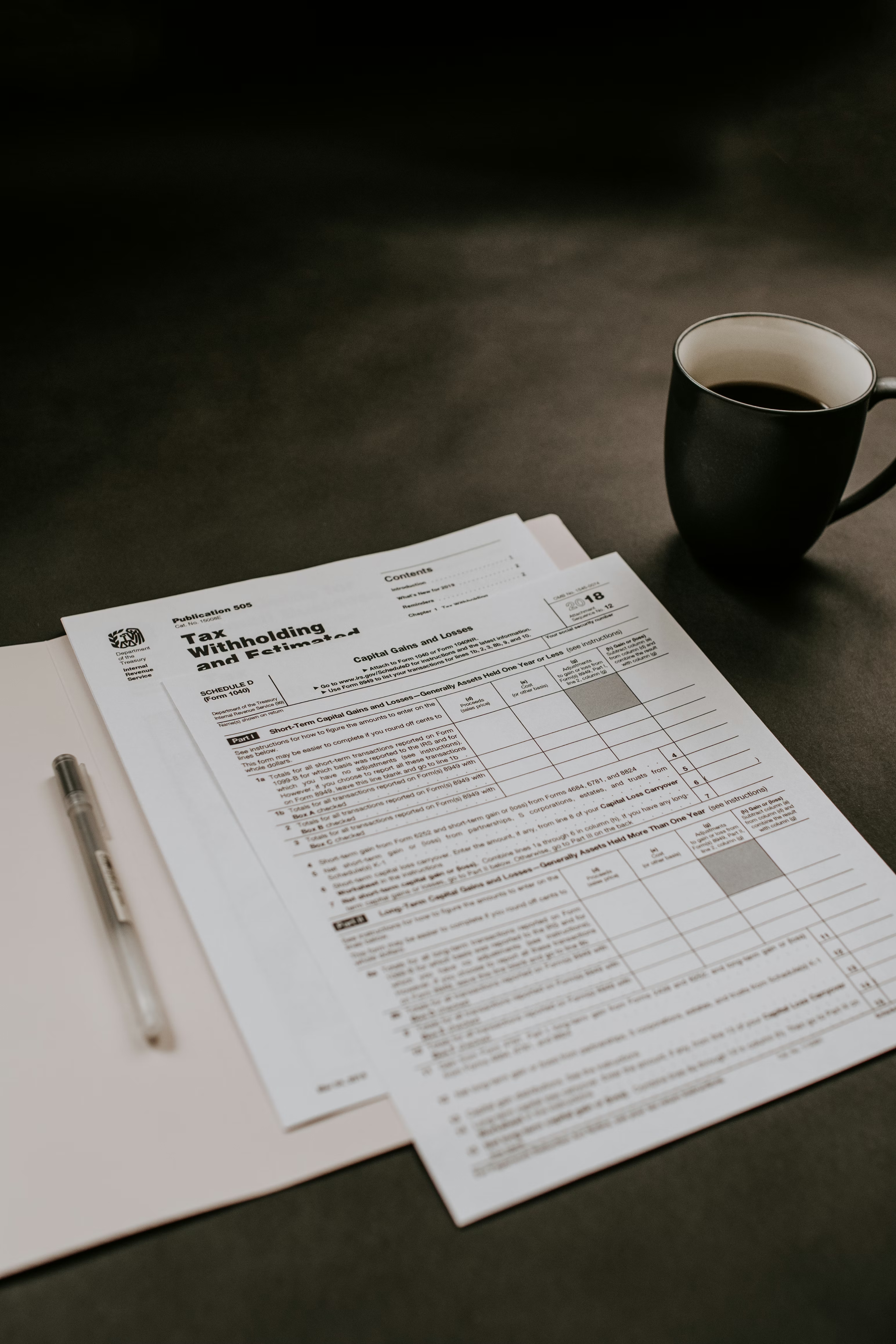

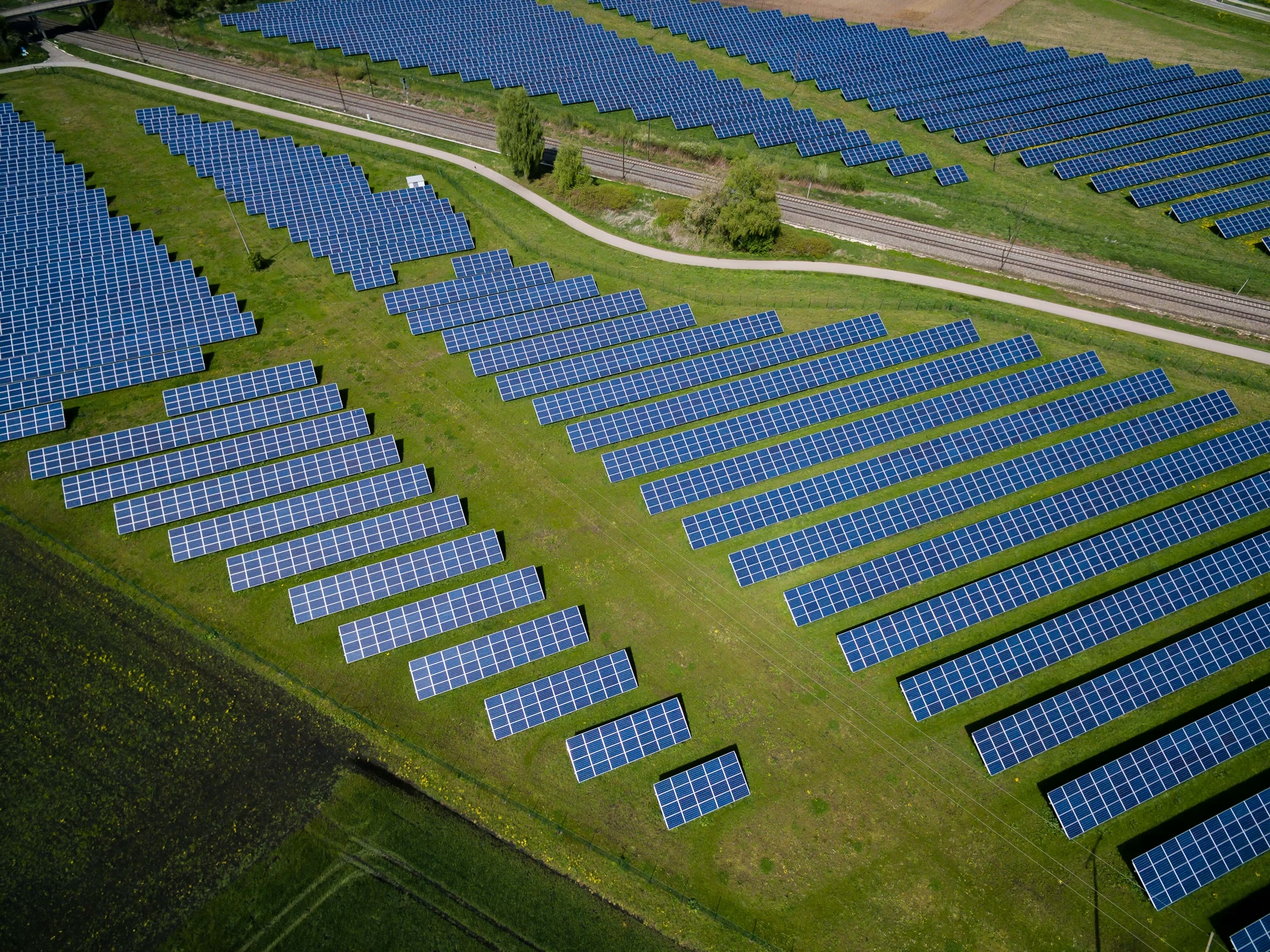
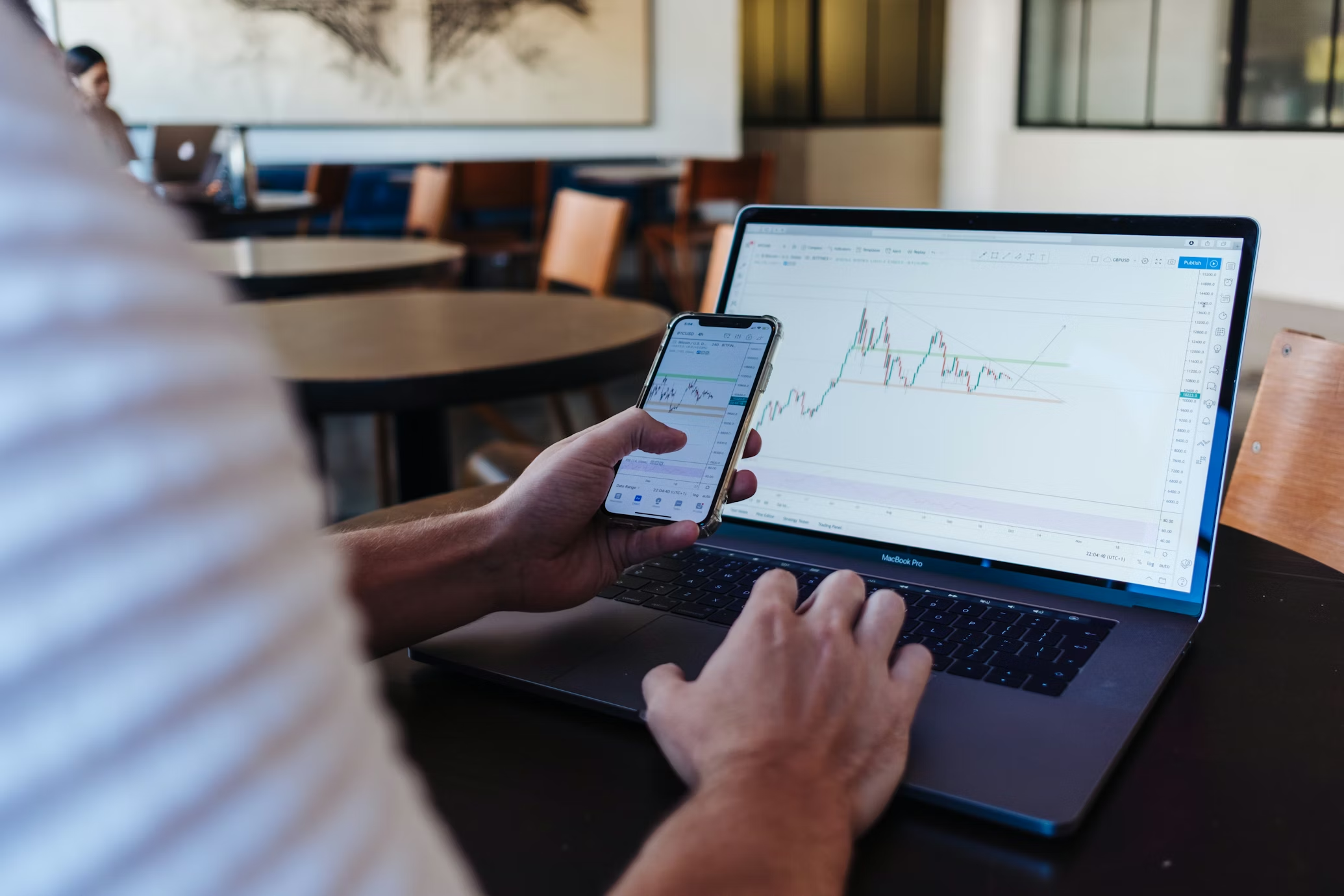
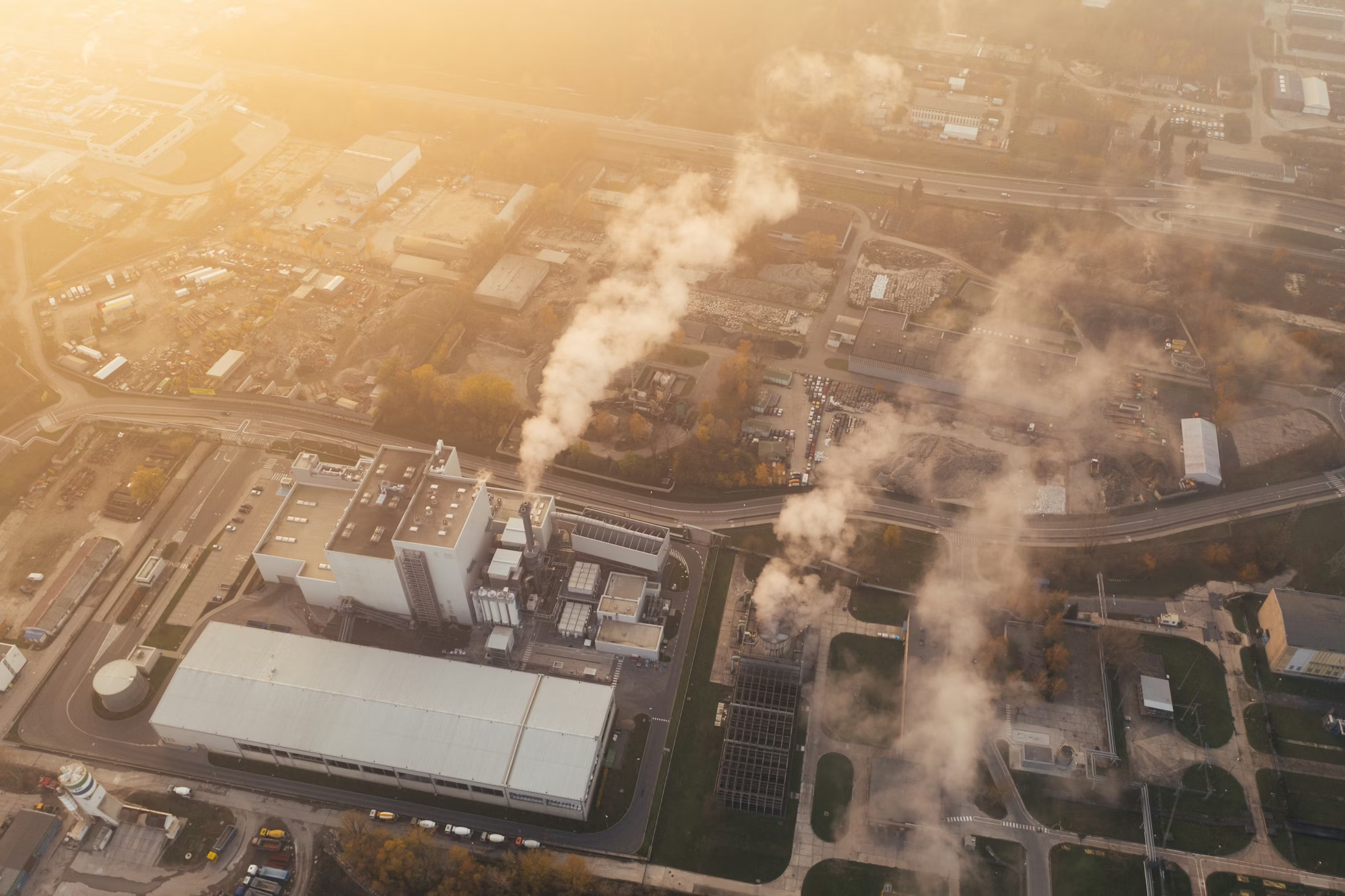

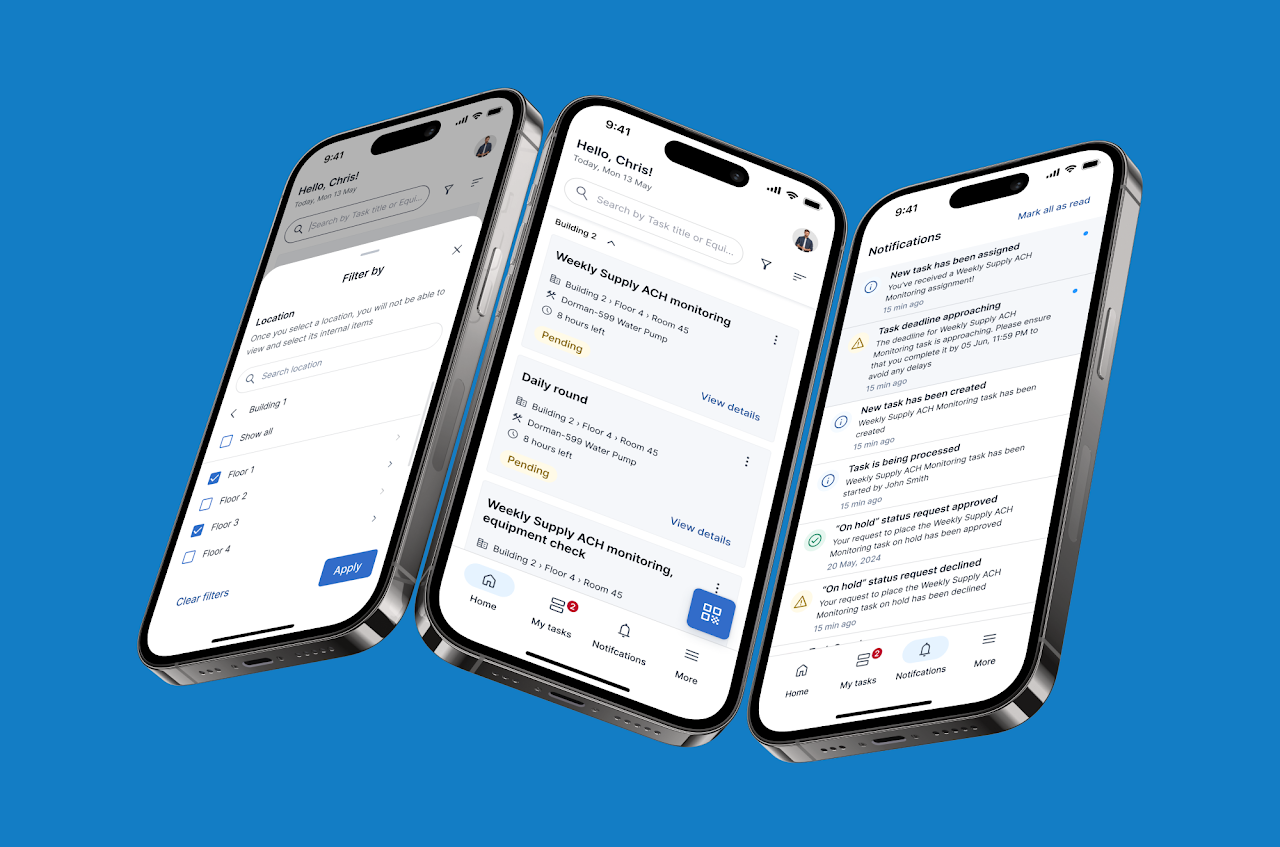
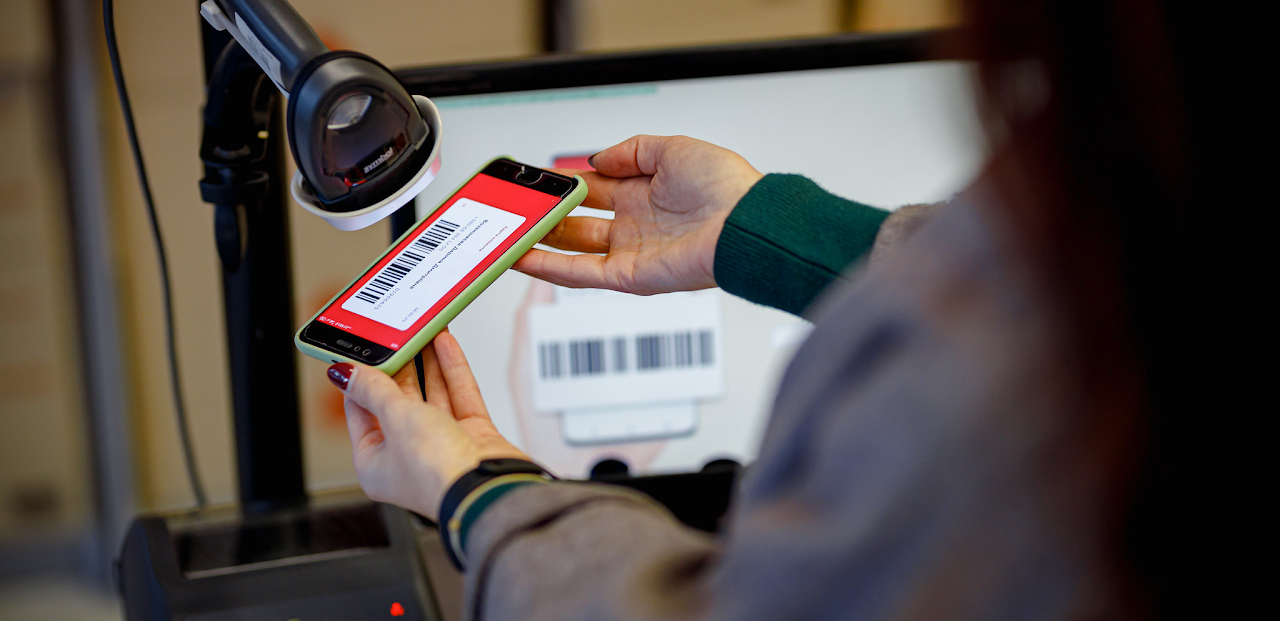
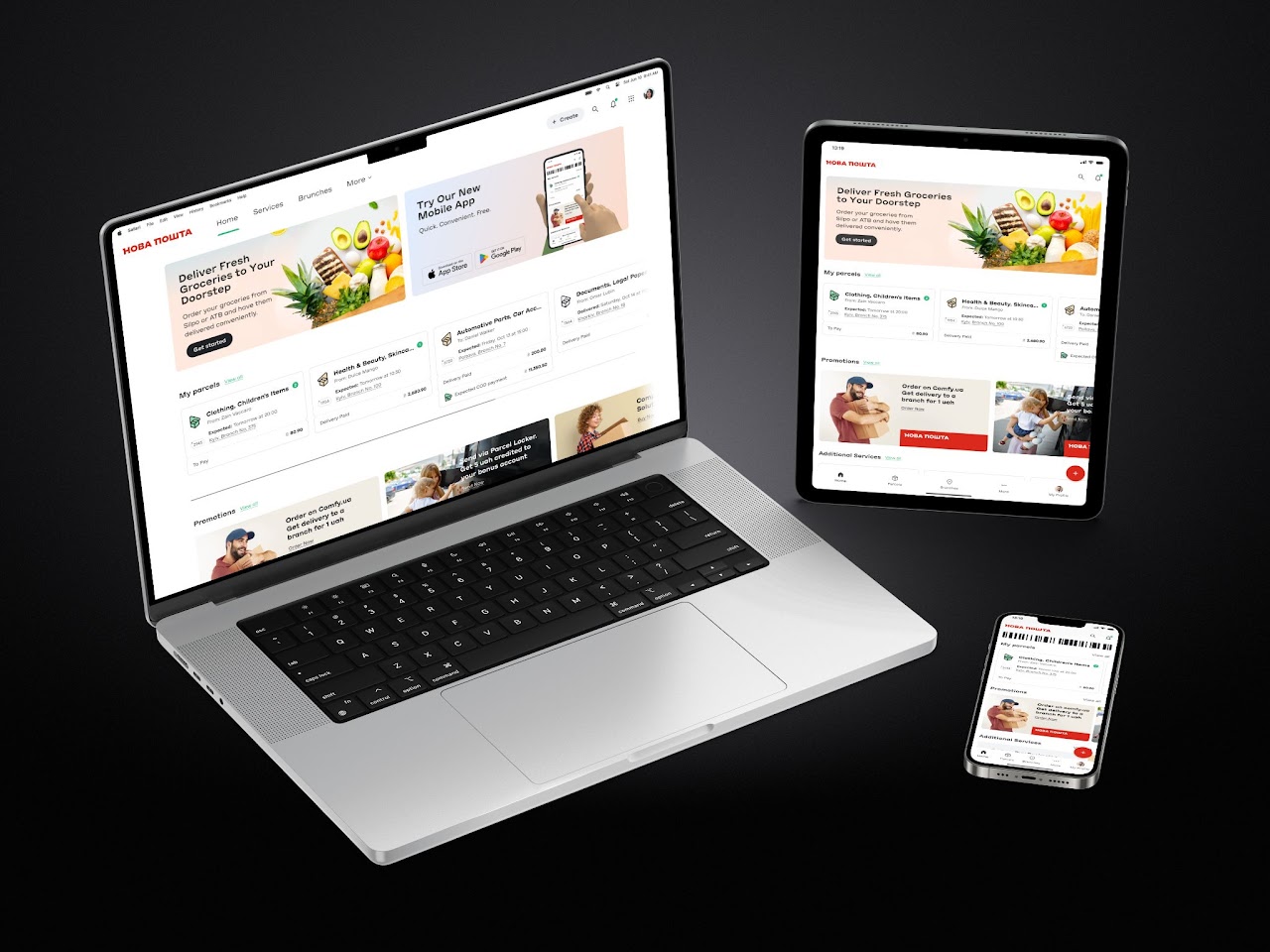


.avif)
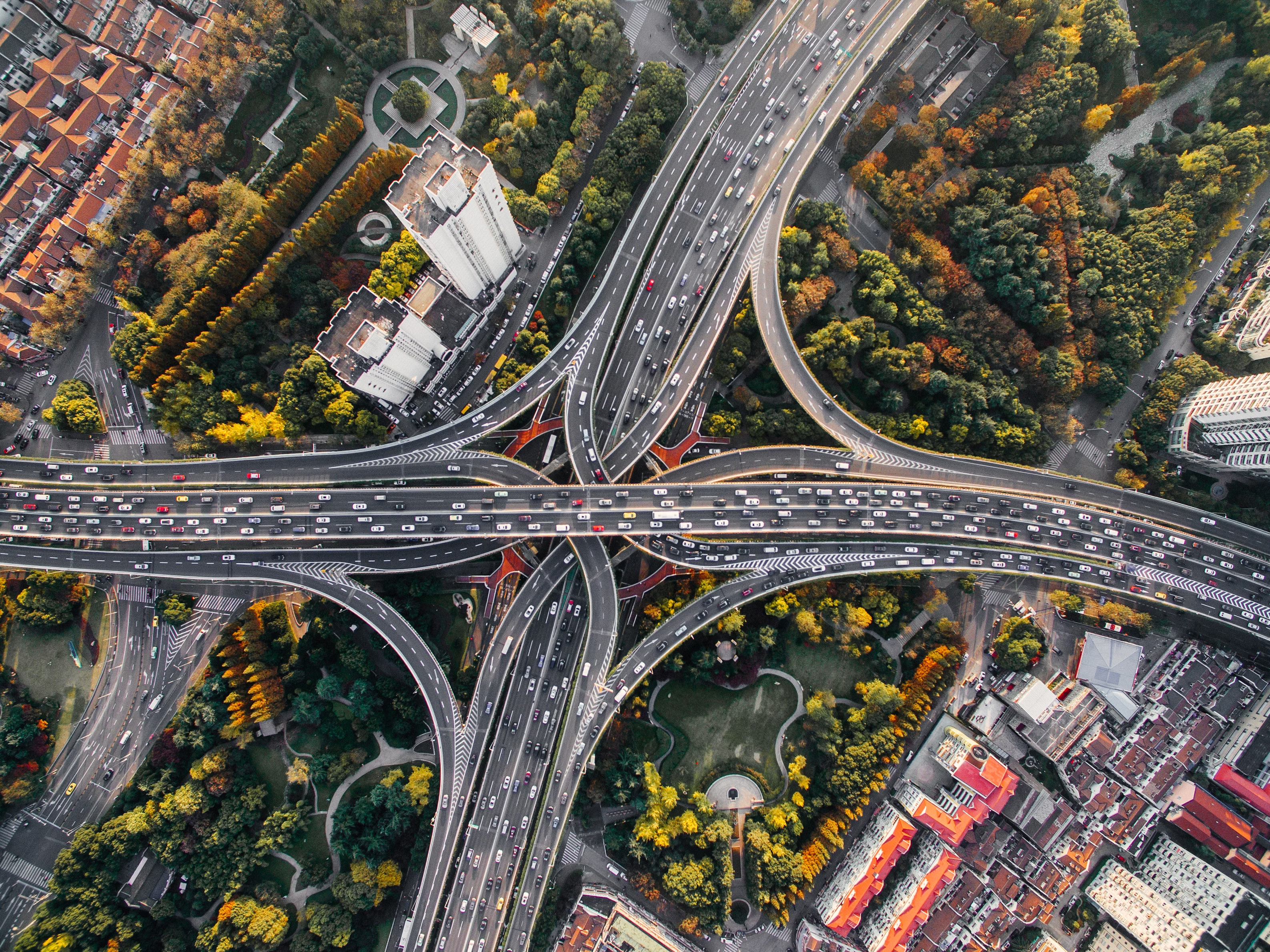


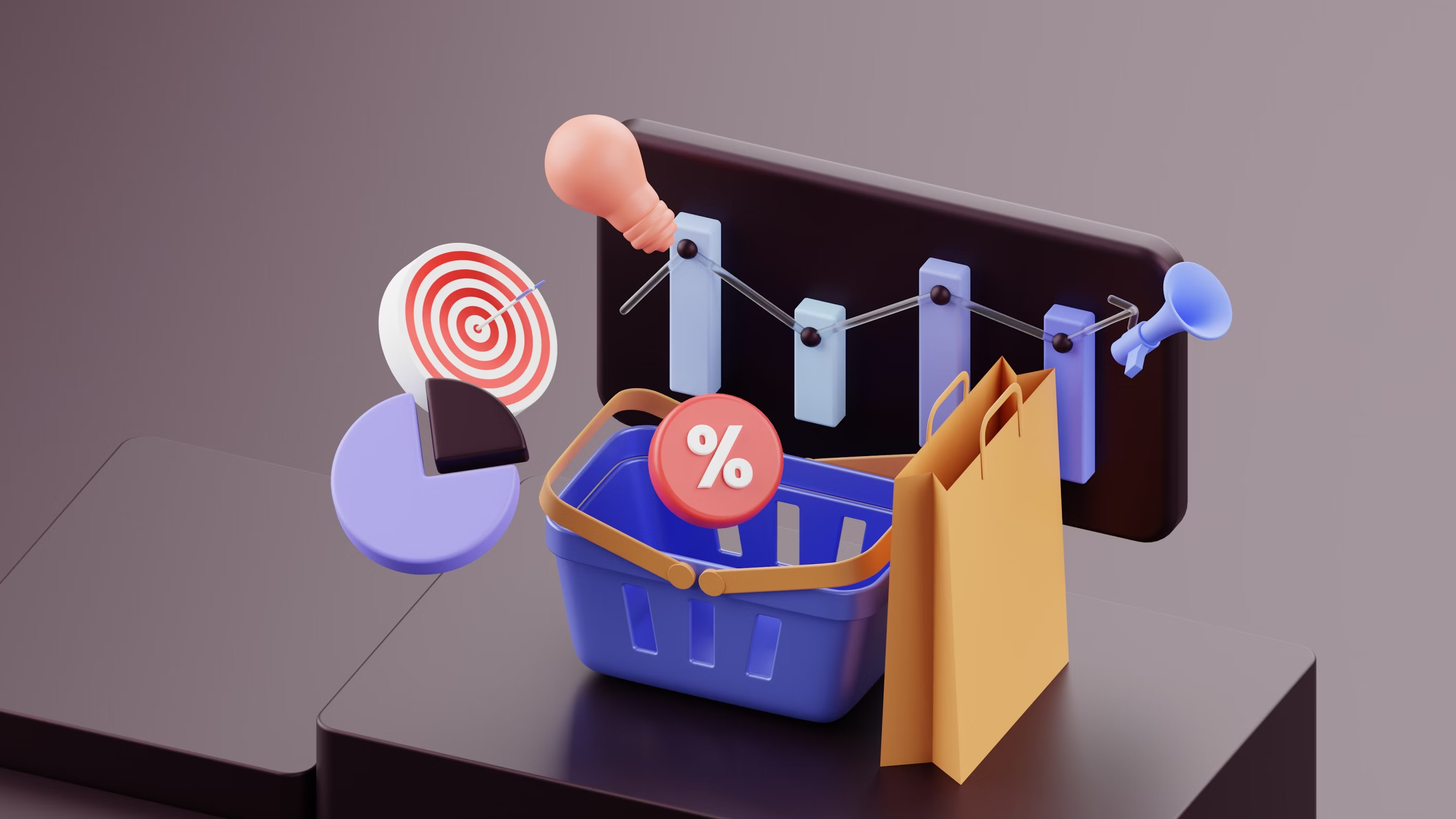
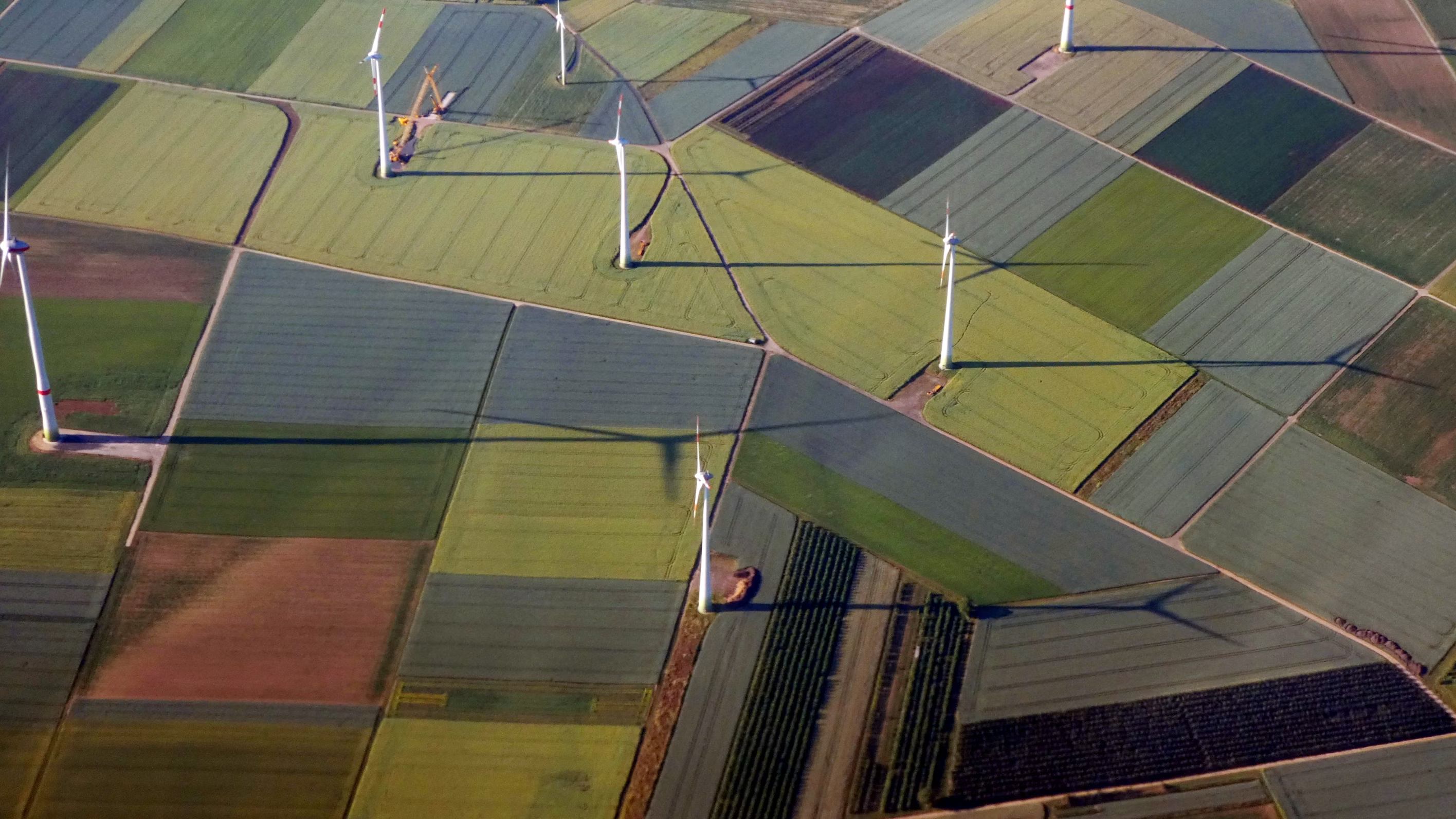





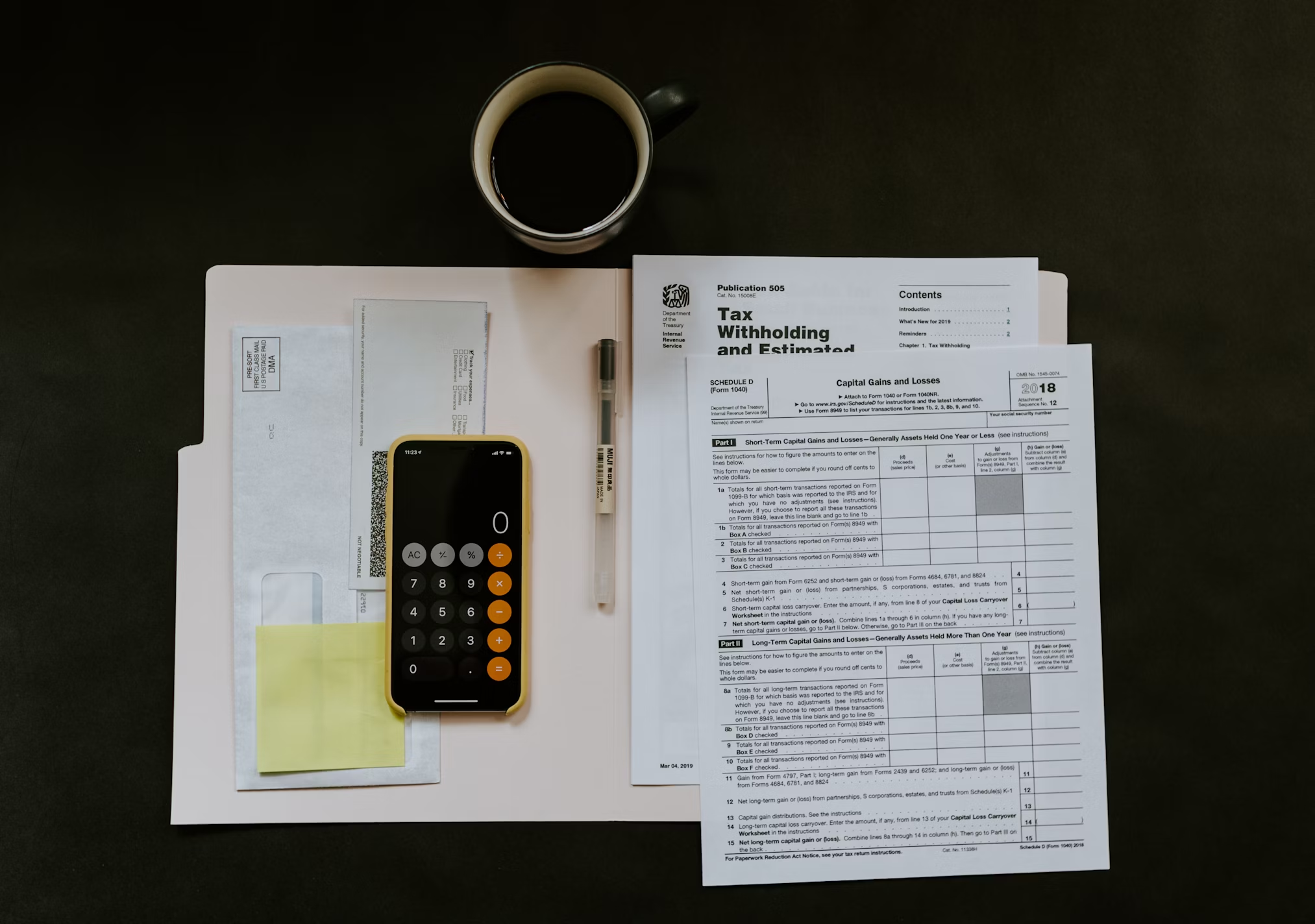













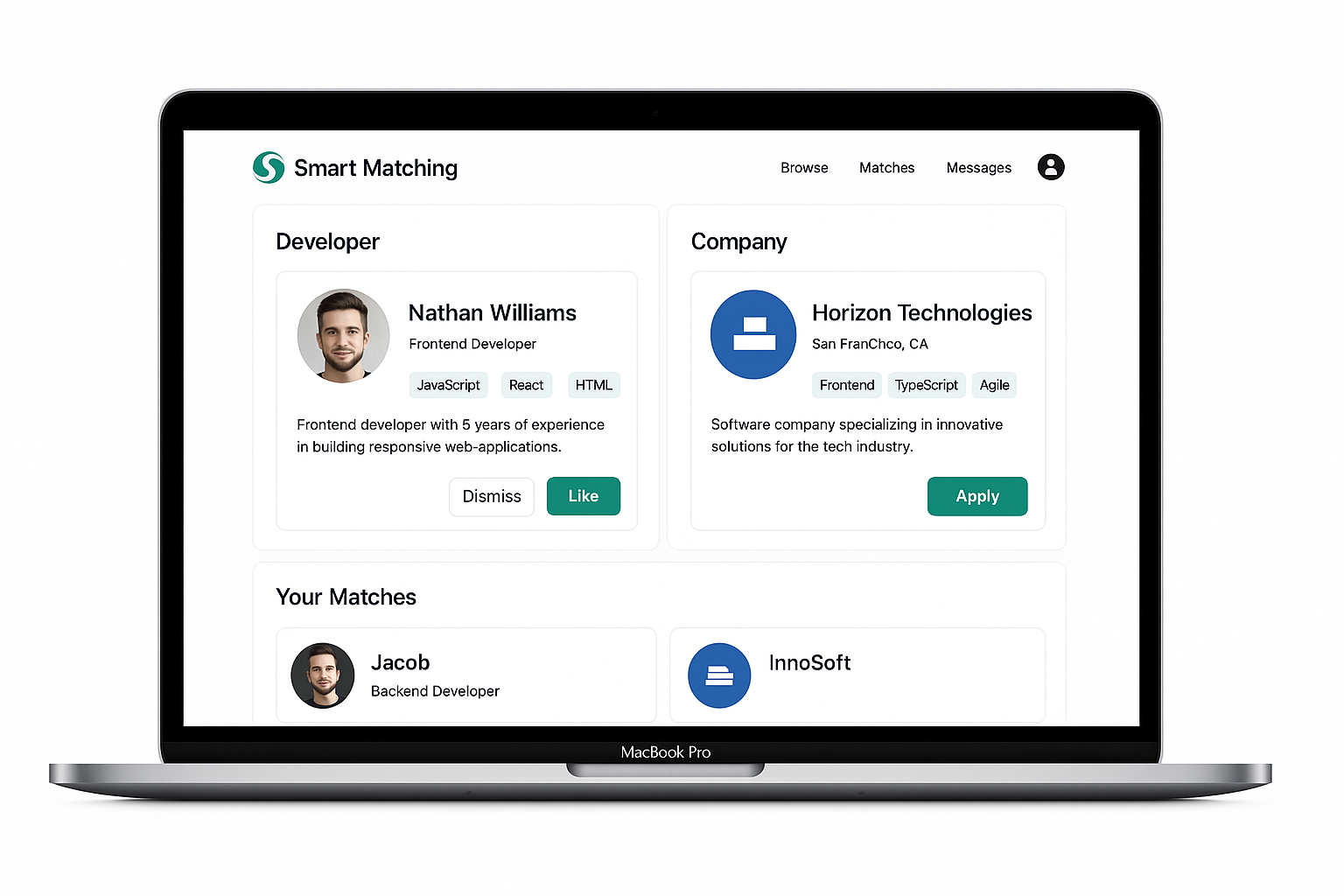







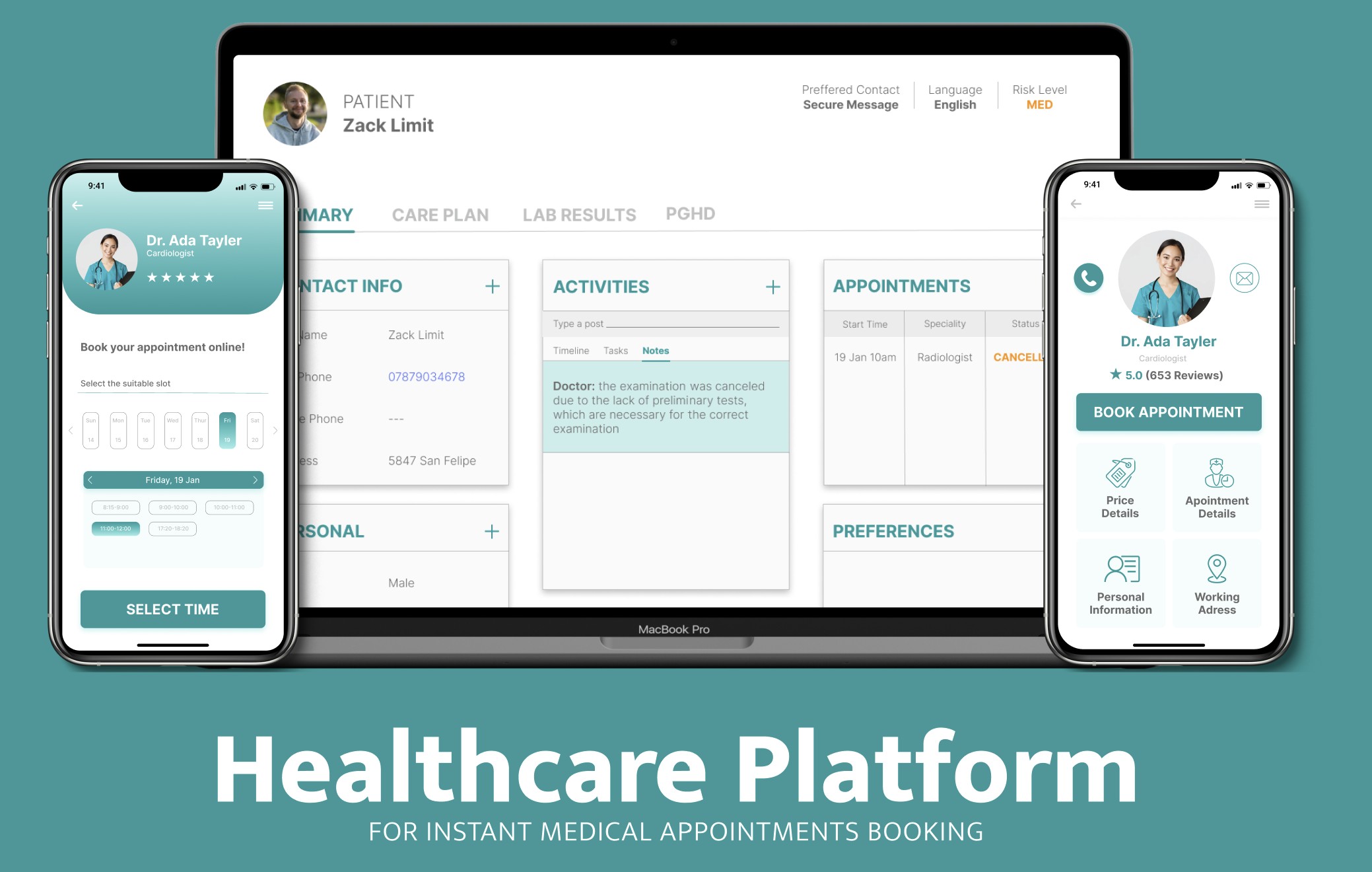



















.png)
.png)
